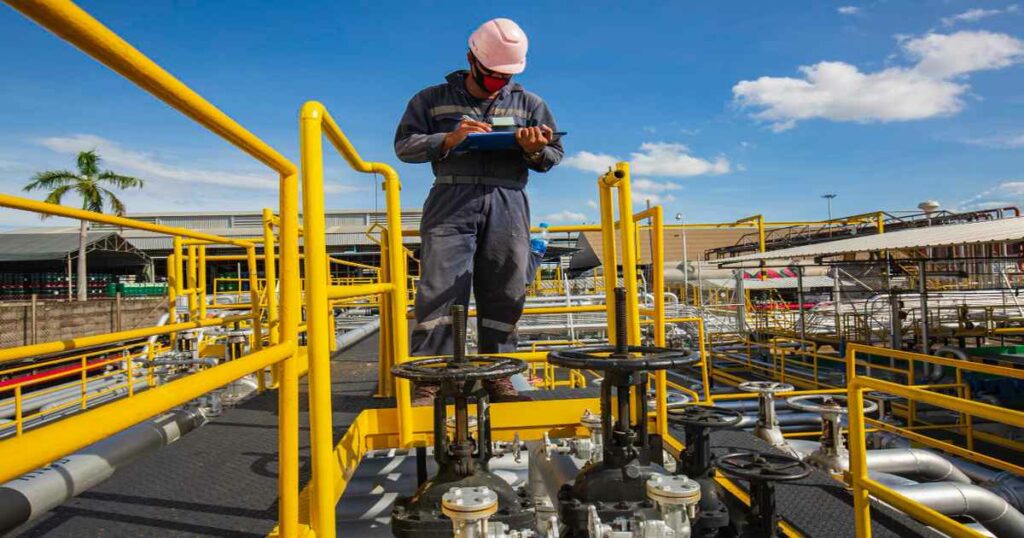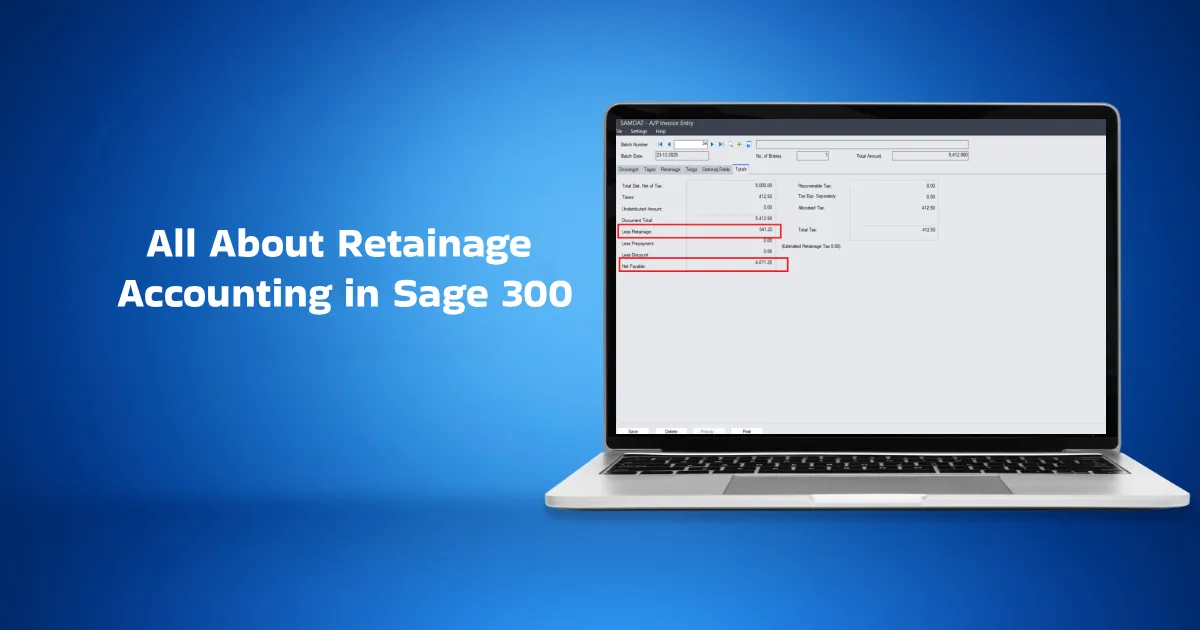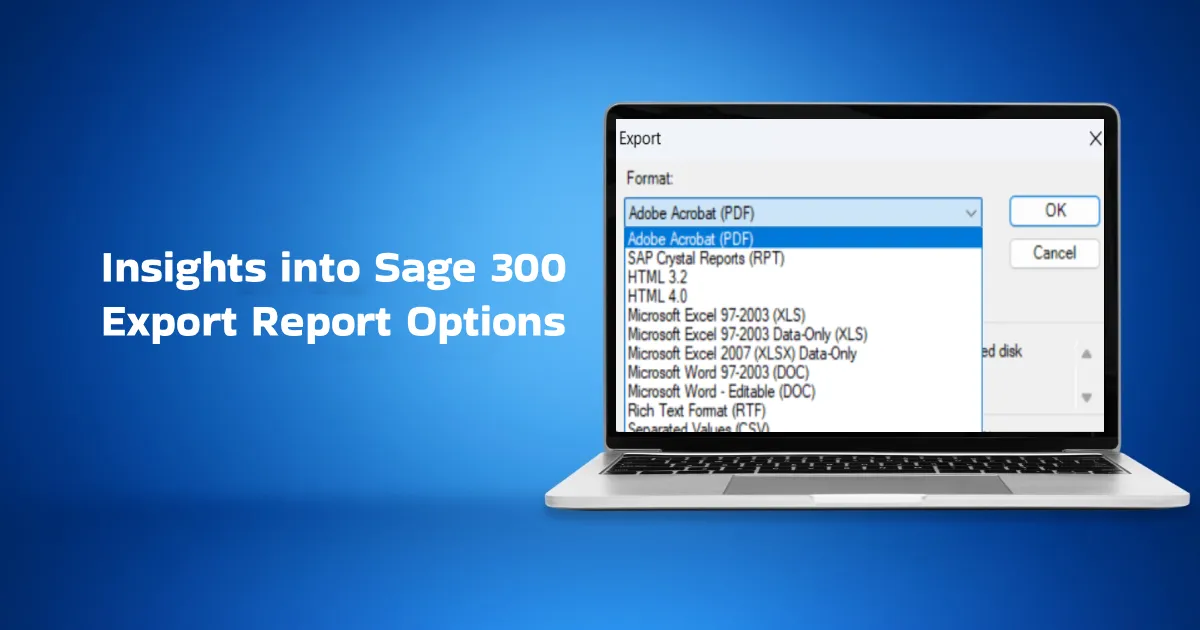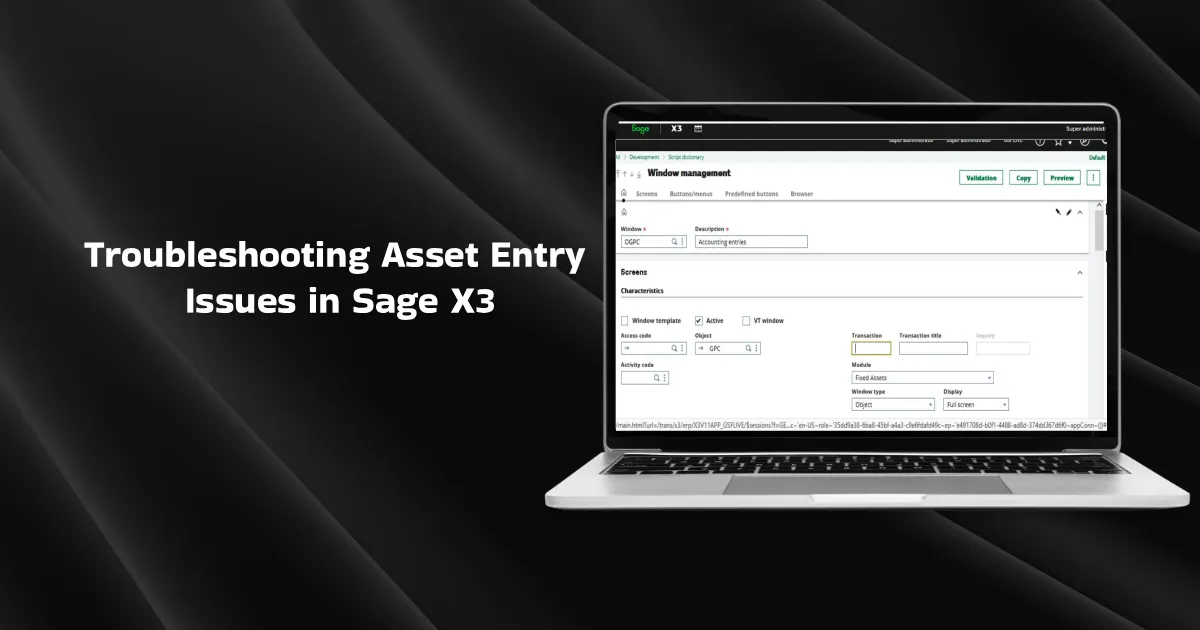What is ERP for Oil and Gas Industry?
ERP for oil and gas industry is an all-encompassing solution that lets you manage your business complexities at different levels, improve data accuracy, and adhere to standard regulatory & best industry practices.
ERP software is a vital tool that acts as the single source of operational truth, providing access to all the mission-critical and breakthrough insights to capitalize on new opportunities and become resilient and profitable.
An Overview of the Oil and Gas Industry in India
The Indian oil and gas market is estimated to be 40.10 Billion Cubic Meters (BCM) in size as of 2025. According to a research report by Mordor Intelligence, it is expected to reach 51.67 BCM by 2030, growing at a CAGR of 5.2% throughout the next five years.
There are several factors believed to contribute to this growth story. For example, in recent years, Indian companies have been discovering economically feasible ways to extract the gas hydrates to lower their costs and improve margins. Moreover, India has witnessed an increase in the pipeline capacity and demand for petroleum products.
Key Challenges Faced by Indian Oil and Gas Businesses
Oil and gas producers go through many challenges, some of which are outlined below :
1. Equipment Readability
Decreasing downtime and improving equipment reliability are two of the most critical challenges for oil and gas companies. Real time fixed asset management software is essential for companies to constantly run their equipment within the optimal range as mentioned by the Original Equipment Manufacturer (OEM), which helps boost the “Mean Time between Repair Replacement.”
2. The Workforce is Aging
The aging workforce is a massive challenge oil and gas companies—the main reason being the high amount of risk and volatility in this sector. As a result, when experienced employees leave, companies feel the pressure of onboarding new contractors and employees. But the main problem is that they are less experienced in their jobs and unfamiliar with how processes are executed. So, training sessions should be provided to them before they perform their job efficiently.
3. High Possibility of Accidents
The oil and gas industry are susceptible to various large-scale events, such as shutdowns, turnarounds, lockout/tagout, and equipment isolation events that require a lot of planning and a few days, weeks, or months to return to normalcy. Also, oil and gas companies are easy targets for large-scale accidents during shutdowns and need extra care and planning to keep employees safe.
4. Frequent Inspections
The oil and gas industry needs facility and equipment inspection at regular intervals. These inspections require emergency response equipment, temporary structures, operational readings, moving equipment, ladders, and much more. In addition, these inspections ensure that the processes go on efficiently, that there are no communication lapses between various departments, and that full measures are taken to ensure employee safety.
5. Ensuring Spill Control
Oil and gas companies need to be wary of leaks and spills as they can cause massive destruction if not controlled on time. Many cases have been reported where employees have got third-degree burns or died due to failure in delivering a quick response.
Benefits of ERP Software for Oil & Gas Industry
ERP Application consolidates business data into a single database, which makes the processes more efficient and increases productivity.
ERP software has both client-side and server-side functionality which can be modified to match the different business requirements. Let’s see the various functionalities and key features provided by the ERP systems :
1. Fleet Management Tools:
ERP software assists with tools like fleet management, which stores details regarding quantities, delivery addresses, and preferred time windows. You can also capture information about vehicle types, allotted capacities, and driver shift details. Moreover, you can edit proposed routes and send confirmation to drivers with driving instructions and maps.
2. Fixed Asset Tracking and Maintenance:
Best ERP software in India maximizes productivity and helps to reduce total acquisition cost, maintain equipment’s, and adhere to environmental safety regulations. Asset maintenance becomes easy from offshore drilling rig, refinery, to a trans-national pipeline. ERP platform facilitates asset maintenance, defines its value from time to time and give insights to where an asset should be employed to gain maximum productivity.
3. Customized Configuration for Analysis and Production:
Oil & gas ERP software offers scalable and comprehensive solutions for development, exploration, and production processes in the Oil & Gas industry. The best part is that multiple local partners are available globally to help you set up operations. SAGE Software Solutions is a comprehensive suite of applications for all Oil and Gas company-related operations as it facilitates rapid deployment.
4. Inter-company Transactions:
Gas ERP system provides standard management rules and a single frame of reference that facilitates a multi-company, multi-legislation, and multi-site structure. It automatically generates purchase flows and inter-company sales that provide a comprehensive view of operations. This software allows Oil & Gas companies to minimize errors in inter-company transactions, increasing profitability and efficiency in the long run.
5. Data Analytics for Costing, Production, and Sales:
Oil and gas ERP systems like Sage X3’s data analytics module allows executives, managers, and CXOs to create meaning from data. It also provides a clear picture of all the business activities, including operations, sales, financial management, supply chain and cost analysis on a single dashboard. In addition, ERP accounting software offers a comprehensive and unified view by collecting and analyzing data from multiple sources.
6. Inventory Management:
Inventory is an important asset to be managed as business needs enough oil and gas stock to meet the demand and generate profits. With the help of warehouse management system, one can easily manage under stocking and overstocking to prevent extra costs.
In oil and gas sector, the inventory component is uncertain and based on assumptions which can be confirmed after drilling out the last drop of oil. New stock is found with the help of new techniques like fracking.
Enterprise resource planning is also responsible for lot and batch traceability and manages all the details of the stocks.
How can Sage ERP help you solve the industry challenges?
SAGE X3 easily integrates with third-party business applications; thus, monitoring resources and expenses across your organization becomes easy. It allows users to access data in real-time, empowering them with critical business information like financial reports that further helps them to make vital decisions. Below are its quick features:
1. Notification & approval
The pipeline connecting the IT team with the field operations department is a one-way road, meaning it’s challenging to send notifications, alerts, messages, updates, or requests back to the IT department from the field. So, field operators rely on manual courier services to send data back to the IT team, which leads to erroneous data.
On the other hand, enterprise resource planning facilitates the free sharing of critical business data with all relevant stakeholders, dramatically increasing the speed of notifications and approvals.
2. Problem detection & resolution
ERP system allows oil and gas companies to quickly detect issues and resolve them. For example, it can intercept the message from a field system and forward it to the troubleshooting team for resolution. Thus, the ERP system can set up automated alerts for delayed field activities.
3. Capacity planning
Capacity planning is essential for every industry as it helps estimate the size of the workforce, raw materials required, and equipment needed. For example, ERP for oil and gas companies helps achieve a reasonable forecast, perform complex analysis on historical data, and create automated systems for performing jobs more efficiently and in a fraction of a second.
4. Collaborative planning
Typically, the supply lines in the oil & gas industry are too long as they travel from the main headquarters along various booking agents and suppliers to reach the end-user. Thus, companies must maintain excellent relationships with multiple stakeholders to resolve contractual issues that may come up due to the long length of the supply line.
ERP solution maintains the free flow of information between different parties, allowing easy collaboration with various industrial sectors and helps resolve issues quickly and efficiently.
5. Cybersecurity
Cyber-attacks are rising rapidly. According to the report revealed by Ponemon in 2019, an average data breach causes companies to lose USD 3.92 million. So, it’s an alarm bell for oil and gas companies for securing their assets from falling into the hands of hackers.
Fortunately, an ERP solution has data security modules pre-loaded with the latest encryption algorithms that protect assets, especially pipelines, from hack attacks and shield the organization against significant losses.
6. Standardized Field Data
Input is sent from field units to the central unit through a complex pipeline network in the oil and gas companies. As a result, data from different field units must be standardized to be recognizable during the integration process. Sage X3 is the best gas ERP system for the oil and gas industry because it helps convert proprietary data into a standardized format that stakeholders across the enterprise can analyze.
7. Active scheduling
ERP software should work in tandem with the operational schedules in the gas organizations. ERP software’s maturity level dictates the level of integration between the operational schedules and the gas ERP systems. New cloud ERP solutions are better equipped to support these integrations, as they are more specific, narrower, and fully enabled.
8. Local and Global Reporting:
Oil and Gas is a global industry, which serves and operates in different countries. Every country has their own regulations, which the company should analyze and modify according to it. Hence ERP systems is a perfect tool to be updated of all the regulations, balance reporting and work according to it. It also facilitates global financial reporting.
9. Quality Control:
While oil and gas products are highly valuable, they are also a hazard to the environment, hence quality control is crucial in this sector. ERP systems tracks and minimizes loss occurrences that can be in the form of liquids, gas or solids and aids compliance reporting.
Become Resilient & Profitable with Sage X3
Given the multifaceted nature of India’s oil and gas industry, businesses are looking for a cohesive Enterprise Resource Planning solution that eases business complexities and supports faster & informed decision-making. An ERP for oil and gas industry synchronizes data flows across different departments, and paves the way for innovation, modernization, and eliminating inefficiencies at every level.
Sage X3 is a future-proof solution that empowers businesses with fast & accurate forecasting tools, improved financial governance, real-time performance metrics, and reduced risk of unplanned downtimes. If you are looking to automate your routine operations, enhance visibility, and promote organized workflows, look no further and deploy Sage X3.







